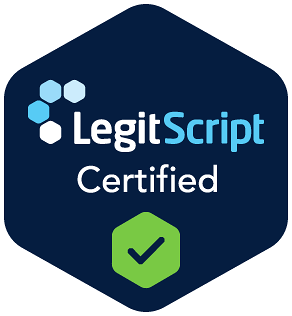by Elana Espinosa, RN, BSN, BC, MedSurg BC, Clinical Shift Supervisor, Recovery and Wellness Unit, Valley Health System
Substance use disorder can develop over time and can alter brain function and chemistry. Withdrawal can occur when a person seeks to reduce or discontinue the use of alcohol, recreational drugs, and certain prescription medications they may have become physically dependent upon.
The type of substance used and the duration of use can influence the severity and nature of withdrawal symptoms, which may manifest as both physical and psychological effects. These symptoms vary among individuals and can range from mild to severe, depending on many factors. Severe withdrawal symptoms can lead to serious medical complications or even become fatal. For this reason, the withdrawal process – which in the past was called detoxification or “detox” – should never be attempted alone or without medical supervision.
Symptoms of withdrawal can include:
- Mood changes, irritability, tiredness
- Cravings
- Aches and pains
- Runny nose, goosebumps
- Not enough sleep or too much
- Depression, anxiety
- Nausea, vomiting, diarrhea
- Sweating, shaking, confusion
- Hallucinations, paranoia
- Seizures, muscle spasms
Compassionate Withdrawal Management
The comprehensive inpatient withdrawal management program at Valley Health System’s Recovery and Wellness Unit in Ridgewood can reduce risks to patients associated with withdrawal as they begin their recovery journey.
Within our unit, every person’s withdrawal is managed by a multispecialty clinical team that uses combined methods of FDA-approved medications, evidence-based counseling and therapy, and holistic therapies. Because the stages of withdrawal from drugs and alcohol and their symptoms can vary from person to person, our clinical team can dispense medicines to address physical withdrawal symptoms. Patients also have ready access to other Valley medical specialists if necessary.
Once a patient is ready for discharge from the unit, our team will work with them to develop an individualized recovery plan and provide linkages to continued treatment and support in the community to help patients maintain their sobriety after treatment.
For more information, call 201-612-4949.
If you are in crisis, text or call 988.
To learn more about the withdrawal process: https://www.healthdirect.gov.au/addiction-withdrawal-symptoms


